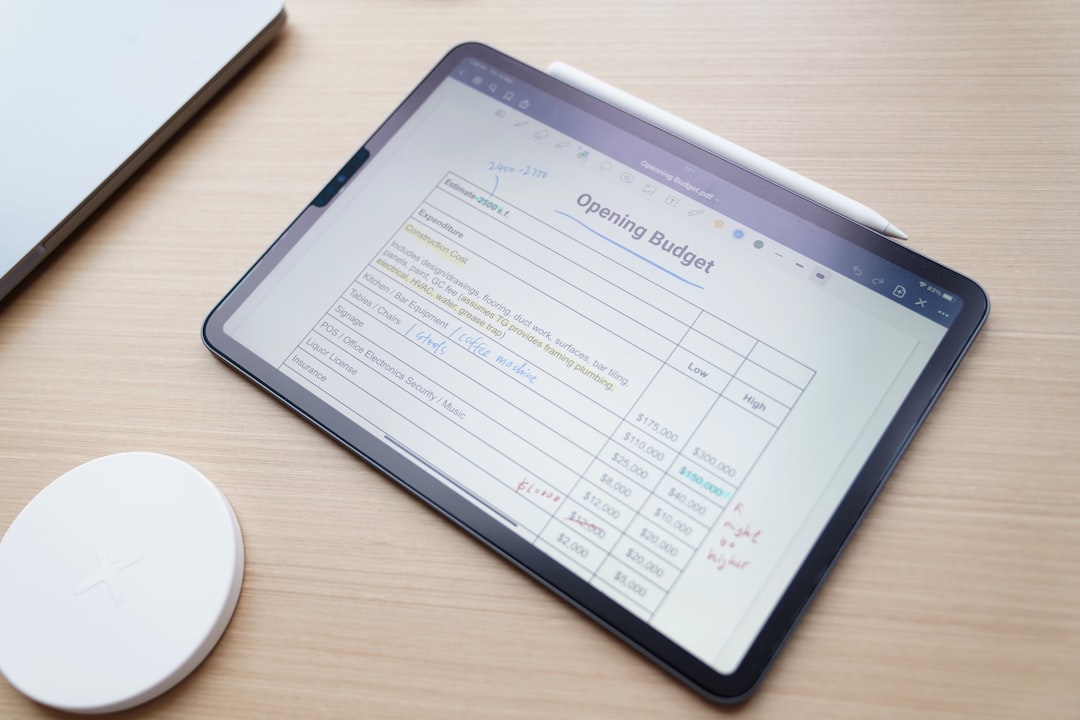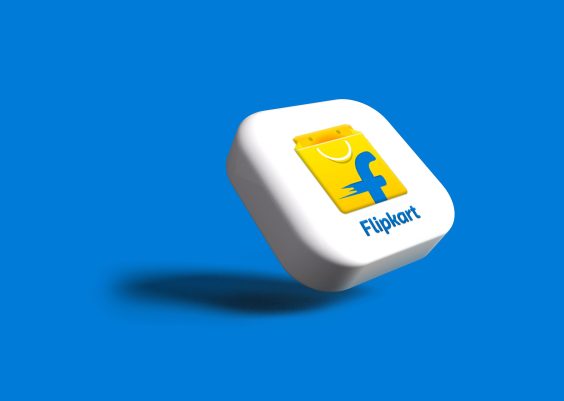In today’s fast-paced business environment, managing finances efficiently is critical. One of the key components of financial management is accurate and timely billing. For businesses that require more than just off-the-shelf software solutions, custom billing software can provide the flexibility and control needed to maintain seamless financial operations.
Contents
What is Custom Billing Software?
Custom billing software is a tailored digital solution designed to manage invoicing, payments, subscriptions, and revenue tracking according to a specific business’s unique requirements. Unlike standard billing tools, which may offer generic features, custom billing systems are developed to align perfectly with the workflow, architecture, and services of an individual organization.
Why Choose Custom Billing Software?
Here are some compelling reasons why many businesses are opting for a customized approach:
- Tailored Functionality: Get the exact features your business needs — nothing more, nothing less.
- Integration Capabilities: Easily integrate with existing ERP, CRM, and accounting systems.
- Scalability: Scale your billing operations as your business grows without major overhauls.
- Competitive Advantage: Create custom billing flows that enhance user engagement and satisfaction.

Key Features of Custom Billing Software
While the features depend on your unique requirements, most custom billing systems include:
- Automated Invoicing: Generate invoices based on predefined schedules, usage, or other parameters.
- Payment Processing: Support for multiple payment gateways and currencies.
- Tax Calculation: Automatically apply relevant taxes based on regions or product types.
- Subscription Management: Handle recurring billing, upgrades, downgrades, and renewals seamlessly.
- Reports and Analytics: Gain insight into cash flow, customer payment behavior, and outstanding dues.
Who Needs Custom Billing Software?
Certain industries benefit more from custom solutions due to their complex billing requirements:
- SaaS Companies: Require intricate usage-based billing and subscription plans.
- Telecommunications: Handle billing for data, calls, messaging, and add-on services.
- Healthcare: Must manage patient billing, insurance claims, and compliance with regulations.
- Professional Services: Bill clients based on hours worked or project milestones.
Ultimately, any business that finds traditional billing tools too restrictive should consider going custom.
Custom vs. Off-the-Shelf: What’s the Difference?
| Aspect | Custom Billing Software | Off-the-Shelf Billing Software |
|---|---|---|
| Functionality | Highly tailored to business needs | General functionalities that may not cover all use cases |
| Cost | Higher upfront but better long-term ROI | Lower upfront but limited customization |
| Scalability | Designed to grow with your business | May require switching platforms as needs change |
| Support | Dedicated developer assistance | Community or basic support |
Development Considerations
When planning to build a custom billing solution, consider the following:
- Compliance: Ensure the software adheres to tax, accounting, and data protection regulations.
- User Experience: Design intuitive billing dashboards for both admins and customers.
- Security: Implement encryption and secure payment protocols.
- Flexibility: Use APIs and modular design for easier future upgrades.

Conclusion
Custom billing software is much more than a financial tool — it’s a strategic asset. By aligning the billing system with strategic goals and operational efficiency, businesses can foster improved cash flow management and deliver a superior customer experience. Whether you’re a startup with unique needs or an enterprise scaling rapidly, investing in customized billing solutions could be the key to sustainable growth and success.




